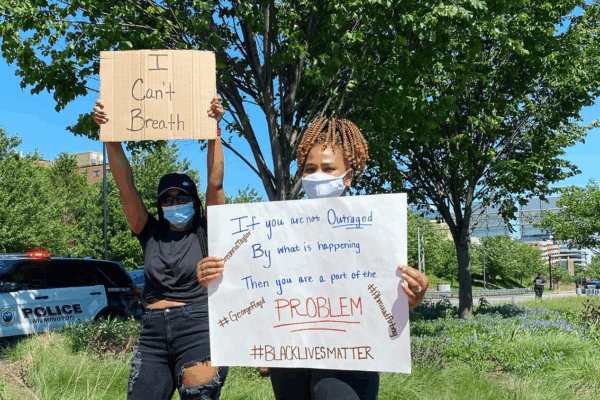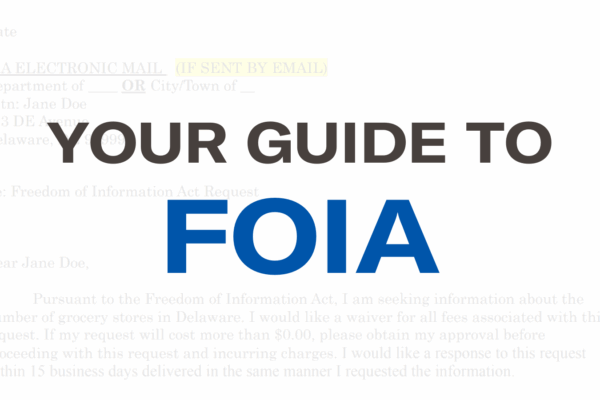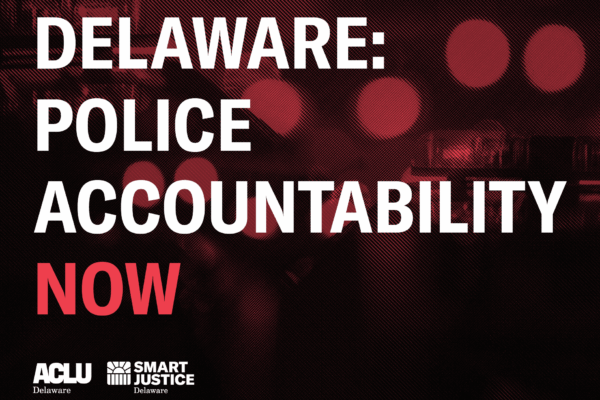This blog post was authored in partnership with Metropolitan Wilmington Urban League.
Delaware’s Law-Enforcement Officers’ Bill of Rights has fueled police abuse incidents by making it virtually impossible to discipline police officers for misconduct or to know any details of misconduct incidents. No other Delaware public employees enjoy equivalent protections when it comes to disciplinary matters.
Meaningful changes that promote transparency and public trust must be made to the Law-Enforcement Officers’ Bill of Rights and Freedom of Information Act. At a minimum, police disciplinary records must be public, and effective independent community oversight bodies must be established.
Transparency and accountability are necessary for due process, a fairer criminal justice system, trust between our police and communities, and trust within law enforcement agencies.
What is LEOBOR and FOIA?
Law-Enforcement Officers’ Bill of Rights (LEOBOR) limits who can investigate police misconduct and keeps the records of the investigations private. LEOBOR provides police agencies with exclusive power to investigate police misconduct and includes limitations on when, where, how long, and by whom police officers can be questioned.
Freedom of Information Act (FOIA) provides the public the right to request access to records and information from state agencies. It allows community members to be “in the know” about what government agencies are doing. State law excludes most police records from being accessed through FOIA requests.
Problem
Fifteen states have versions of a LEOBOR statute, but only Delaware’s statute makes internal police investigation records completely confidential forever. In contrast, public record laws of most states without LEOBOR statutes make records public. Delaware’s LEOBOR and FOIA laws should follow other states’ lead and be amended to require police disciplinary records be made public.
Delaware’s LEOBOR laws exclusively allow police agencies to investigate police misconduct and impede community oversight of those investigations.
Community oversight boards have independent community members who oversee investigations and discipline of police officers rather than having officers police themselves. Community oversight boards should have investigative, subpoena, and disciplinary power, as well as power to study and advise on policies and practices.
The City of Wilmington passed legislation in December 2020 that created a Citizen Complaint Review Board, but LEOBOR impedes the board from operating in its full power. Therefore, amendments are necessary to place disciplinary authority within the control of civilian review boards while removing exclusive authority from the hands of police officers/departments.
Policy Solutions
- The LEOBOR provision requiring all misconduct records remain confidential must be repealed. All records relating to police misconduct and investigations should be made public and subject to FOIA; and
- The LEOBOR provision that gives police departments exclusive authority to investigate their officers’ misconduct must be repealed and give community oversight bodies investigative, subpoena, and disciplinary power, as well as the power to study and advise on police policies and practices.




